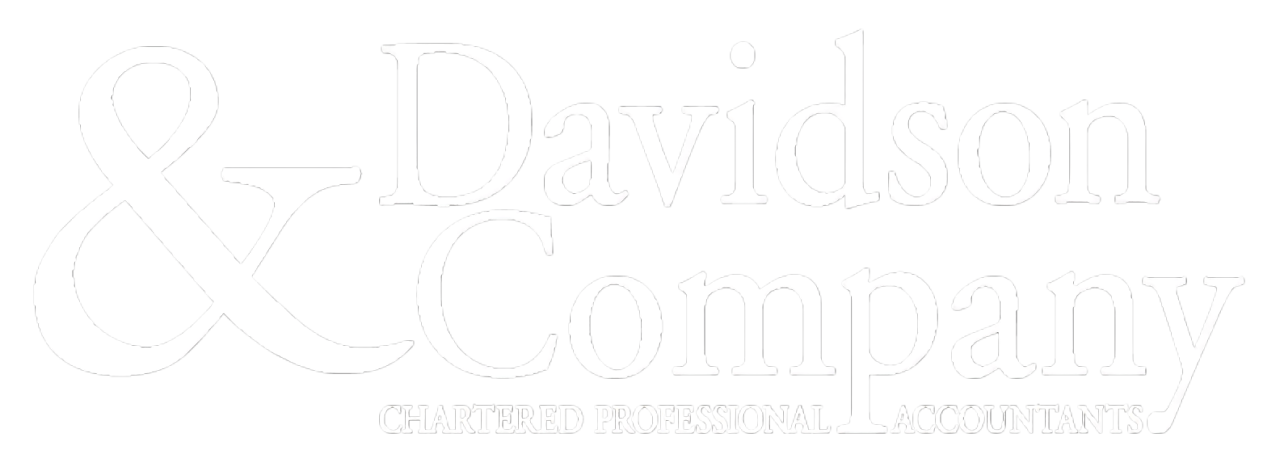FEBRUARY 27, 2018 FEDERAL BUDGET TAX HIGHLIGHTS
The highlights of the proposed tax changes of the recent Federal budget are outlined below.
The information contained herein is of a general nature and is not intended to address the circumstances of any particular individual or entity. No one should act upon such information without appropriate professional advice after a thorough examination of the particular situation. Please contact our tax group if you have any questions on the impact of these proposed changes.
Personal Tax
- Personal income tax rates – There are no changes to the federal personal income tax rates in the budget. The maximum federal personal tax bracket will remain at the 33% rate for income over an indexed $205,842.
- Canada Workers Benefit – Starting in 2019, refundable tax credit of up to $1,355 for an individual and $2,335 for families to assist low-income workers.
- Medical Expense Tax Credit – Eligible expenses expanded to include service animals specially trained to assist patients with a severe mental impairment. This measure applies to expenses incurred after 2017.
- Mineral Exploration Tax Credit for Flow-Through Share Investors – The budget proposes to extend the availability of this 15% tax credit to flow-through share agreements entered into on or before March 31, 2019.
Trusts
- T3 Trust Returns – Changes to reporting requirements for taxation years after 2020 regarding trusts previously exempt from filing a T3 Trust Return. The budget proposes to require reporting of the identity of all trustees, beneficiaries and settlors of the trust, as well as each person who has the ability to exert control over trustee decisions. New penalties for failure to file of $25/day up to a maximum penalty of $2,500.
Corporate Tax
- Accelerated CCA – Clean Energy Generation & Conservation – The budget proposes to expand Class 43.2 (50%) by five years to apply in respect of property acquired for use before 2025.
- Small Business Tax Rate – tax rate on income eligible for the small business deduction reduced from 10.5% to 10% for 2018, reduced further to 9% for 2019 and beyond.
- Passive Investment Income & Private Corporations: Small Business Deduction – Budget 2018 proposes to reduce the available business limit of a company eligible for the small business deduction, by the amount of Adjusted Aggregate Investment Income (“AAII”) earned in excess of $50,000 annually, on a straight-line basis. Effective for taxation years beginning after 2018.
- Passive Investment Income & Private Corporations: Refundable Dividend Tax – Budget 2018 proposes to restrict situations in which a corporation can claim the refundable dividend tax on hand (“RDTOH”), being corporate refundable tax on investment income, by requiring non-eligible dividends to be paid to recover non-eligible RDTOH, as opposed eligible dividends which carry a lower personal tax rate. Effective for taxation years beginning after 2018.
International Tax
- Form T1134: Information Return – Foreign reporting with respect to foreign affiliates will be due on the same date as the taxpayer’s income tax return for the year, as opposed to 15 months after fiscal year-end. Effective for taxation years beginning in 2020.
- Foreign Affiliate Rules – Budget 2018 proposes several additions to the foreign affiliate rules for taxation years of a foreign affiliate that begin on or after February 27, 2018. Included are changes to the definition of an “investment business” and “controlled foreign affiliate” status as it relates to consequences with respect to foreign accrual property income (“FAPI”) to the shareholder. Changes will make it more challenging to meet exemptions to FAPI income inclusions.
- Anti-avoidance Provisions – Surplus Stripping – Budget 2018 proposes several look-through rules as of February 27, 2018 involving the use of partnerships and trusts to extract surplus in excess of paid-up capital on a tax-free basis.
